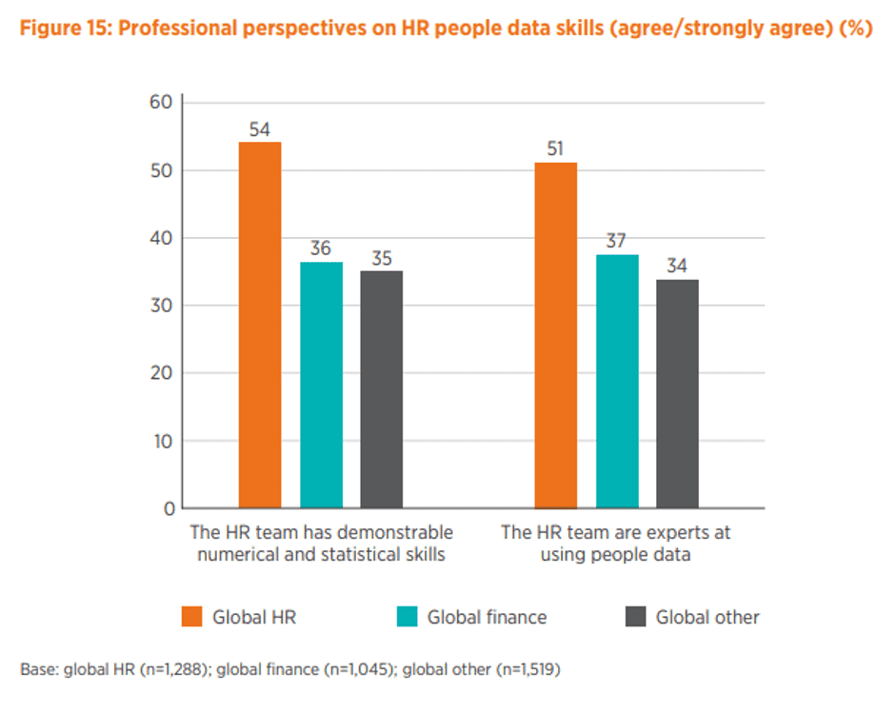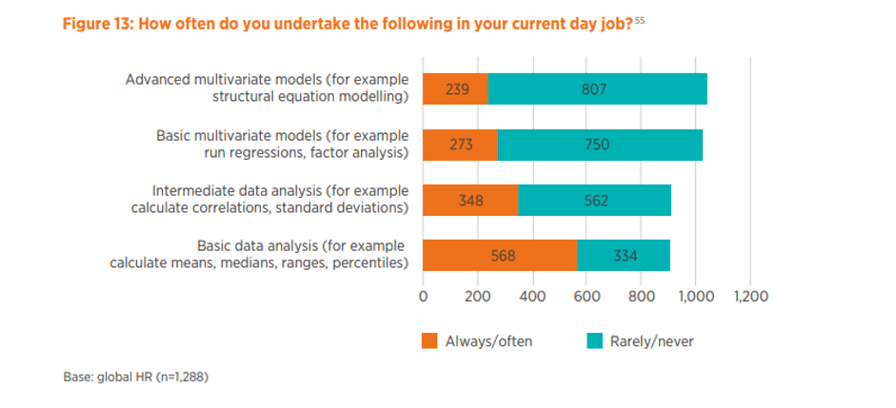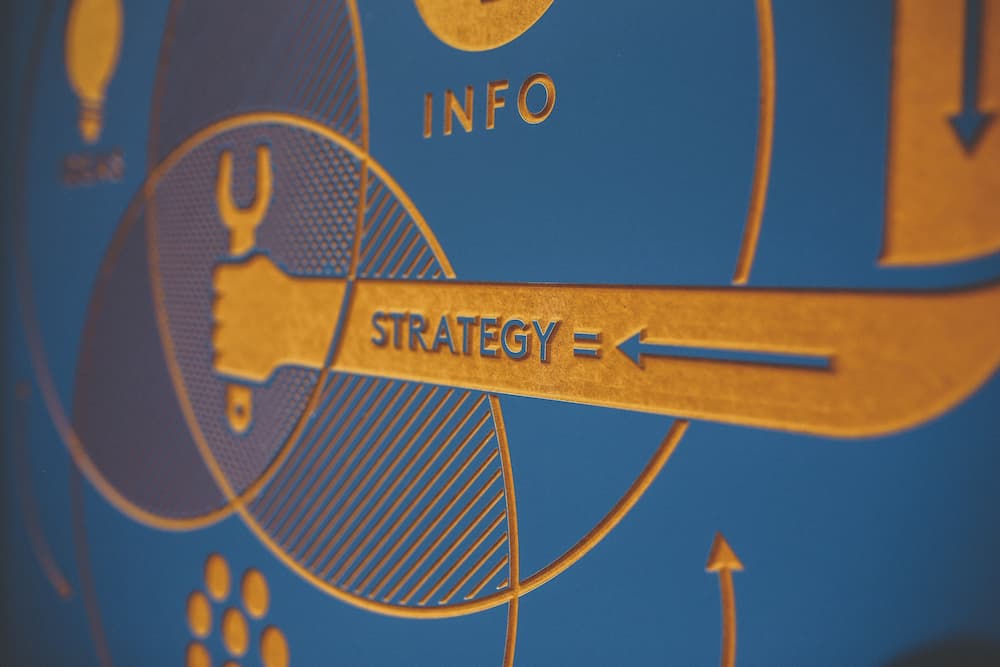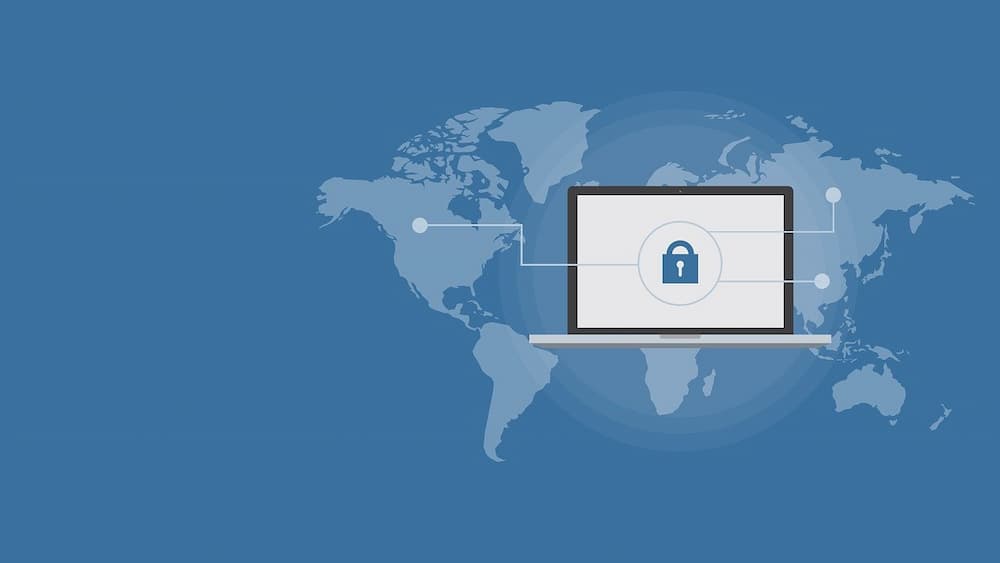“The most valuable commodity I know of is information.” — Gordon Gekko, Wall Street
Clive Humby is credited with uttering the words “data is the new oil” in 2006. Along with his wife Edwina, he is the brains behind Tesco’s Clubcard, a customer loyalty program that made them multimillionaires and Tesco into a retail giant. Fast forward to 2017, and The Economist labeled data the most valuable thing in the world. Over the years, it has been compared to oil, gold, land, and even nuclear power. Today, 2.5 quintillion bytes of data are produced daily by humans, while machine-generated data will account for over 40% of internet data.
Call it what you will, but data is big and only getting bigger.
Why is data so valuable?
There are many ways to answer this, some of which could take up entire volumes. Simply put- its value lies in what it can do, what it can tell us about human behavior, which then informs everything from health to business and pleasure.
The growing importance of data in HR
HR is an information-driven function. So, it is not surprising that leading organizations are turning their attention to the data HR generates to maximize the insights they can glean from this incredibly deep reserve.
The possibilities and uses of HR information are endless- imagine being able to present to leadership workforce analytics that demonstrates that the company offers gender pay parity? Showing the CEO how they can reduce payroll costs? Or giving your CFO the real-time data analytics they need for forecasting and financial modeling?
All this is possible- if you have both the right reports and the professionals with the skills to interpret these reports.
Herein lies the problem. Globally, just over half of HR professionals said their HR team has demonstrable numerical and statistical skills.

In this research by CIPD and Workday, they also found that HR professionals when they do conduct analysis it is on a basic level.

Source: People analytics: driving business performance with people data
While it is great to see so many HR professionals conducting some data analytics, the question is, will that be enough?
The data mismatch that exists in HR
HR leaders are aware that if they do not get on board the data train, they will become obsolete as other business leaders and professionals, namely data scientists, and assume their role.
According to research, most recognize the need for change, but only 37% feel very confident about HR’s ability to transform and move forward using critical enablers such as analytics and artificial intelligence (AI). It appears the problem lies in how they bring about the change:
- Despite data’s ability to generate insights and improve decision-making, only 20% of HR leaders believe analytics will be a primary initiative over the next 1 – 2 years
- Only 12% cite analytics as a top management concern
- 50% admit to being “not at all prepared” to respond strategically as AI and machine learning emerge.
But here’s where it gets interesting. HR is planning its transformation.
Again, from the research, we know that 60% of departments are expected to invest in predictive analysis, 53% in process automation, and 47% in artificial intelligence (AI).
So, on the one hand, HR professionals are cognizant that technology is changing their way of working, but whether they have the skills or are prioritizing data as the catalyst for this change is open to debate. Of those who have already invested in AI, a third have focused primarily on learning and another third on analytics.
In short, the message is mixed. But some thought leaders see this confusion or lack of focus as raising alarm bells.
“HR is at a crossroads, the likes of which we’ve never seen. In fact, we are now seeing CFOs and CIOs making a play for HR’s territory. CFOs are owning analytics, and CIOs are owning total workforce learning and the insights agenda. HR leaders need to act now, or they will be reduced to transactional and administrative tasks.” – Robert Bolton, Head of People and Change Center of Excellence, Partner, KPMG in the UK.
What will the payroll professional of the future look like?
Given what we know about data and how it could, if interpreted correctly, push HR into a more strategic role, I think we can expect to see change within the profession. People who have can help eliminate gender and age pay variances, reduce staffing costs, optimize workforce planning, to name but a few possibilities. I am confident that its unlimited potential will push the demand for analytical and data skills to the top.
If HR is unable to understand the knowns, let alone the unknowns, business leaders will look elsewhere.







